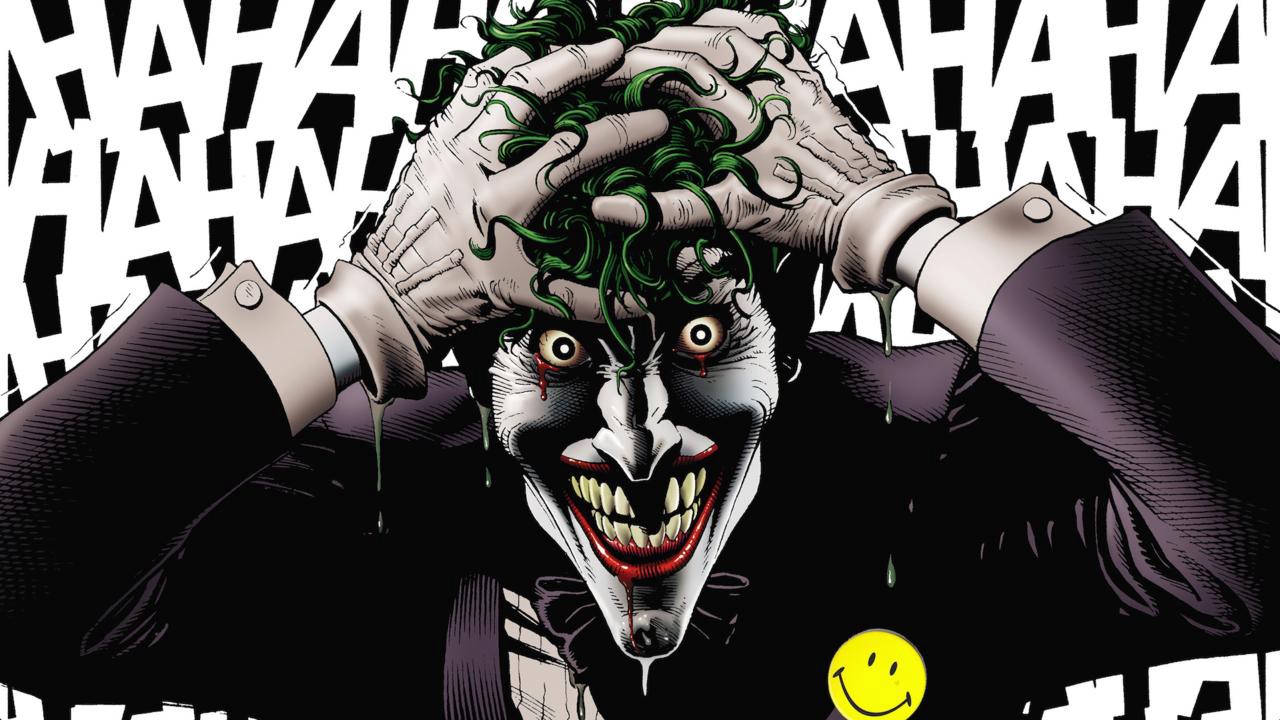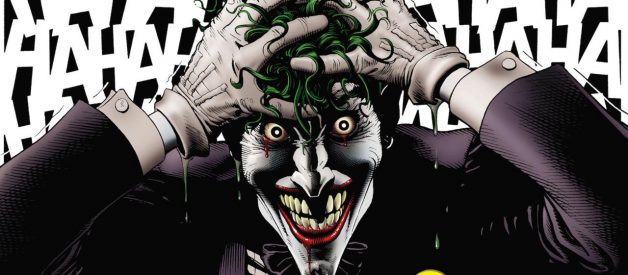 Why so serious ?
Why so serious ?
Why so serious? ? The Joker, The Dark Knight
There are times when a certain character influences you so much that you totally sink yourself into that character. Of all the villains in the history, the Joker is, without a doubt, one of the most enduring and iconic characters.
But why, despite being a psychopathic, nihilistic murderer, is the character so popular ? so loved, even? Why do we see that freakish red scar of a smile on so many t-shirts, posters, and memes?
If you are good at something, never do it for free. ? The Joker, The Dark Knight
The Joker is a complicated character. His crimes are not fueled by the desire for money, ambition, or other ordinary motifs. The terror he spreads is ideological and his motivations are philosophical.
Let?s start by exploring his origin story. The classic one, revealed in the brilliant comic, ?The Killing Joke?, is that he was a failed comic trying to make ends meet to support his life with his pregnant wife. He joins a bunch of crooks operating as the Red Hood gang to make easy money. Before the day of the heist, his wife and unborn child die in an accident. He is forced to commit the crime and in the middle of it is met by the Batman. Startled, he falls into a vat of chemicals in the factory where the crime is taking place and washes up outside the factory rendered insane.
It?s a pretty traumatic set of incidents that get him going to where he eventually ends up. The events follow the ?one bad day? principle in that all it takes is one lousy day to turn your life upside down. Combined with his exposure to chemicals, it?s the realization that life is inherently unfair and sort of comical that drives him over the edge.
All it takes is one bad day ? The Joker, Batman : The Killing Joke
Now let?s try to dig a little deeper into the mind of the Joker.
Carl Jung was an early 20th-century psychologist and psychotherapist, highly influenced by Sigmund Freud. While controversy surrounds his theories today, one idea of his has stuck around that most people regard as true: we all break bad every once in a while.
Jung explained this phenomenon with a concept called the ?Shadow.? The Shadow is the part of a person?s psyche they refuse to acknowledge. It?s the part of you that wishes you could beat up your boss and then steal his wallet. It?s the part of you that wishes you could rob a bank in a clown mask, or hurl down a public street in a semi firing off rocket launchers.
It?s the part of you that wants to abandon rules.
According to Jung, a person must recognize those negative impulses to maintain mental health. We must acknowledge the darkness within us but not identify with it. When you don?t acknowledge the Shadow, what happens is that it breaks free, takes on a life of its won and comes back to terrorize you and shatter your ?illusory superiority.?
Psychologists tell us of what?s called ?illusory superiority,? the cognitive bias in us all that causes a person to think far too highly of their positive qualities, and far too little of their negative ones. We like to think of ourselves as noble, honest, and good, especially in comparison to other people. We like to believe we?d never hurt someone, or cause any damage of any kind.
I?m not saying that?s bad, or wrong. I?m not calling people stupid, either. It?s very understandable. It?s just something our minds need to do in order to get through the day.
During the English Civil War of the 1600s, a guy named Thomas Hobbes was a bit ahead of the curve in terms of this ?illusory superiority? thing, even if he never exactly recognized it as such. He didn?t agree with most people?s idea that they?re inherently moral and righteous. Instead, he theorized that without enforced rules, humanity would revert right back to a brutish and immoral nightmare of a society ? one chaotic, hellish and burning. One in which you?d blow up a ferry full of innocents to stay alive.
His most famous work was a horrifically dense tome called Leviathan. It contains perhaps his most famous quote of all, what amounts to his justification for the existence of government:
??no Society; and which is worst of all, continuall feare, and danger of violent death; And the life of man, solitary, poore, nasty, brutish, and short.?
Hobbes is saying that without the structured control of the government (what the Joker calls the ?schemers?), people become animals. Killers. Thieves. In the 17th-century, this was especially influential and was the major reason Hobbes and guys like him caught on: government, law, and order were absolutely necessary.
Hobbes supported the government for fear of immoral chaos. The Joker, on the other hand, because he?s a downright anarchist psychopath (or psychopathic anarchist), would love nothing more than to see that happen.
Introduce a little anarchy, upset the established order and everything become chaos. I am an agent of chaos. ? The Joker, The Dark Knight
It?s why he puts bombs on ferries. It?s why he murders government officials. It?s why he tries to corrupt the one person who?s a symbol that we don?t have to be afraid of people like him. The Joker wants to push a whole city into the wicked gravity of madness and anarchy.
I can?t wait to show you my toys. ? The Joker, Suicide Squad
The Joker is simply an outlet for the Shadow, and such a compelling one that that millions have been captivated by him and have vicariously lived out the depravities of their psyche?s Shadow. It is precisely because the Joker bombs and murders and corrupts that so many viewers get a kick out of watching him. He acts in ways that we sometimes wish we could, deep down, and we get a vicarious rush out of seeing him indulge in such behavior, without anyone really getting hurt.
?Do I really look like a guy with a plan? You know what I am? I?m a dog chasing cars. I wouldn?t know what to do with one if I caught it. You know, I just? do things. ? The Joker, The Dark Knight
Though eventually defeated by Batman, it appears the Joker does indeed prove his point. Harvey Dent was Gotham City?s White Knight, the walking epitome of justice, order and nobility. But the Joker turns him into Two Face who then goes on to murder five people, two of them cops, using a chaotic, absurdly meaningless method of flipping a coin to determine their fates. This alone symbolizes the Joker?s philosophy and mission to disrupt civilized society?s sense of ?illusory superiority? and to humble it by bringing it back down to its savage roots.
Love him or hate him. But you cannot deny the fact he is probably the most lovable villain of the comic world.


